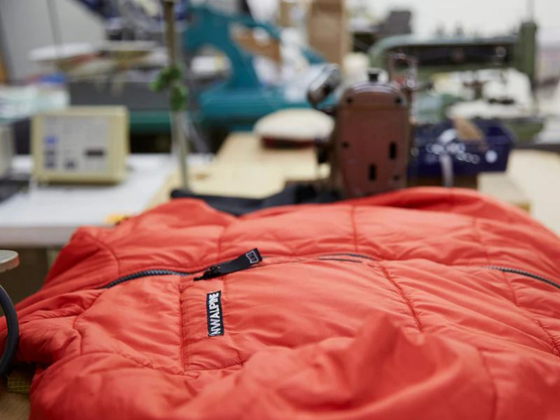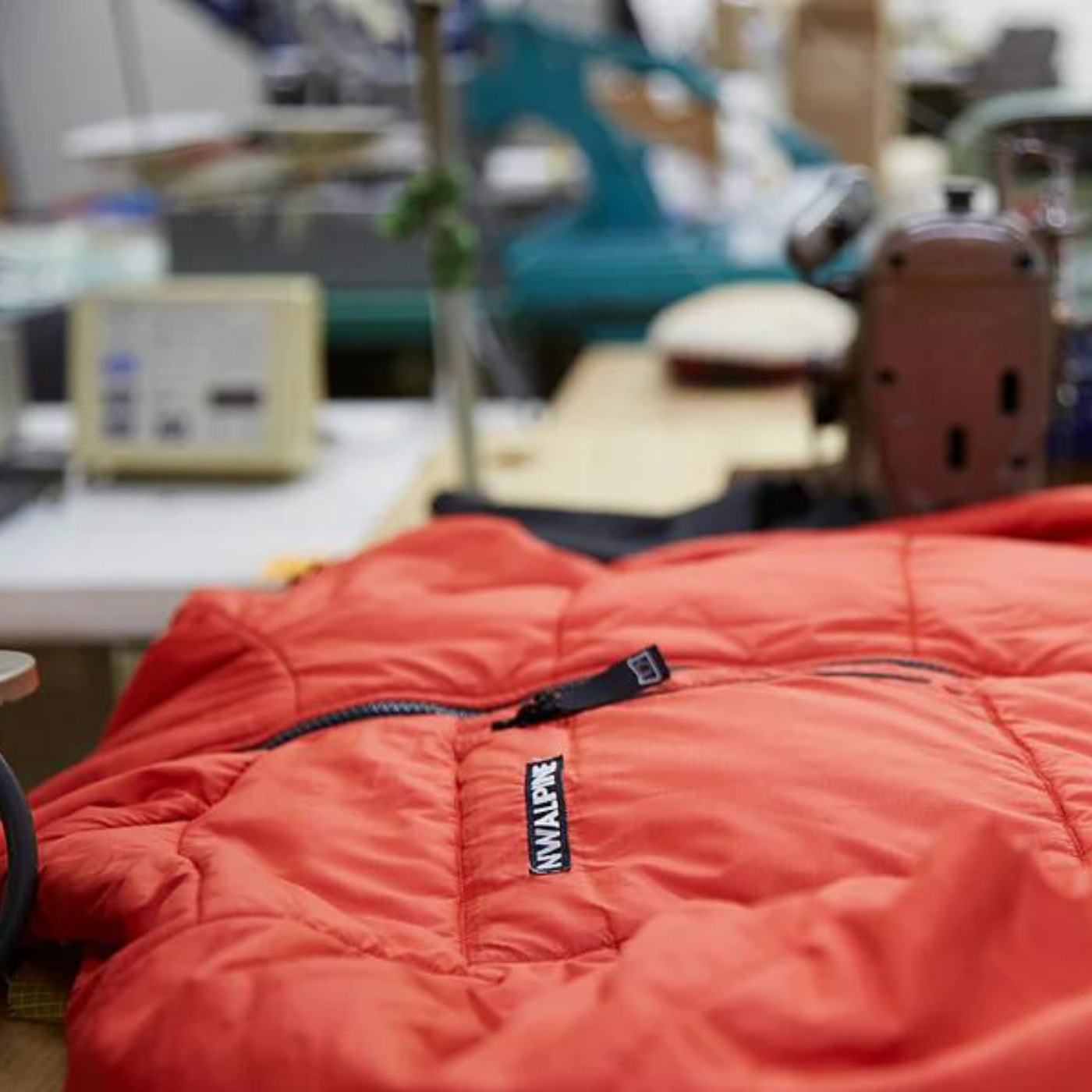For all the talk about reshoring manufacturing, the textile and sewn products industry has largely been absent from the broader conversation, most of which seems to revolve around chips and that sort of thing. The domestic industry is in trouble. At a time when we should be rallying around US manufacturers, there have been many factory closings over the last two years (including ours). Rebalancing into the post pandemic demand situation has been difficult for a lot of brands, and when there aren’t orders from brands, their factories can’t survive. With every US factory that closes we inch closer to not having a sewn products industry at all, which would be detrimental to our national security and our ability to make products our society needs to function should exports be cut off again.
So why is this happening? There are myriad reasons, but we’ll talk about three here:
- Unfair competition from China- While apparel production has shifted to lower wage countries like Vietnam and Bangladesh, China still accounts for over 30% of global apparel exports. The rise of e-commerce companies like Shein and Temu has only exacerbated the problem. While they may not violate the letter of our trade laws, they do violate the spirit. They’re able to sell their products so cheaply because they take advantage of a rule in our laws called Section 321, also known as the de minimis loophole. This allows packages to come into our country tax and duty free (and largely uninspected). The quantity of de minimis shipments have skyrocketed over the last five years and now nearly 1 billion packages a year are shipped this way. That’s billions of dollars in duties that aren’t being paid, making US manufactured goods even less competitive. The sheer volume means that fentanyl and precursor chemicals are being brought into the US this way as well.
- Taxpayer subsidized shipping- To add insult to injury, the US taxpayer subsidizes the shipping costs on many of these shipments as they come via China Post and an agreement with USPS for final delivery. That means that it can be cheaper to ship a package from China to Oregon than from Oregon to New York.
- Backdoor financing of US importers- While interest rates have skyrocketed here and credit has gotten difficult for small businesses to access, interest rates remain low and credit still remains easy in China. In an effort to unfairly boost their share of global manufacturing, their central bank has flooded their manufacturers with cash, allowing them to offer the brands they produce for very aggressive payment terms. This means that US brands that produce in China are functionally being financed by the Chinese government. The way credit is now, American made brands cannot come close to competing. Credit is very expensive and hard to get here and it’s becoming less likely that our factories are able to provide any sort of payment terms. For instance, when we pay for manufacturing, we put half down before production starts and half upon shipment. Where’s the free and fair trade in that setup?
What can you do to help?
- The most important thing to do is buy from American made brands. Be conscious of who you’re purchasing from and maybe even commit to yourself to buying 5%-10% of your yearly purchases from American manufacturers. Every penny you spend on American manufactured goods has a huge impact on those companies.
- Contact your representatives and ask them to close the de minimis loophole so that it’s being used for what it was intended for, to facilitate the shipment of samples and other low value items not related to direct to consumer selling.
- Contact your representatives and let them know you believe the US should significantly raise tariffs on products from non-market economies. There is no such thing as free trade with China when all of their industries are government subsidized.















1 comment
Matt White
I think USA companies that are based here in the states and want to make their products any where overseas or even Mexico and etc .. should pay a off shore tax when their product comes back into the states before they sell it… we’ve been offshoring everything ever since the late 1940’s .. it’s really sad …
I think USA companies that are based here in the states and want to make their products any where overseas or even Mexico and etc .. should pay a off shore tax when their product comes back into the states before they sell it… we’ve been offshoring everything ever since the late 1940’s .. it’s really sad …